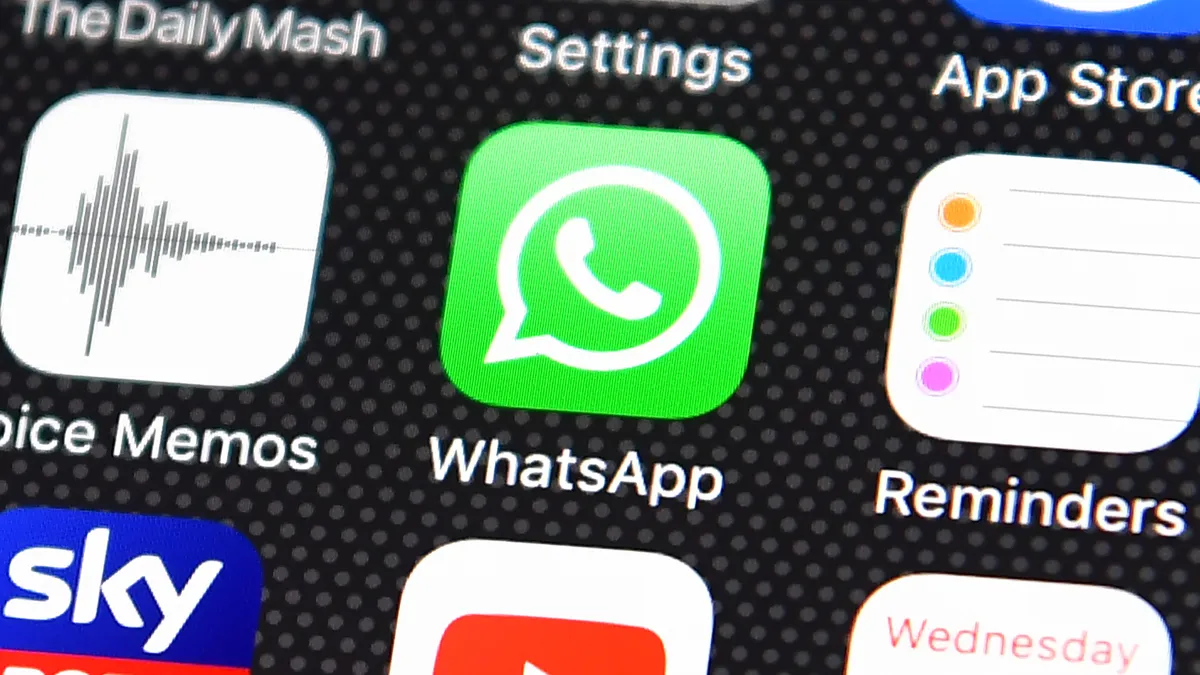The Commodity Futures Trading Commission settled charges against HSBC and Bank of Nova Scotia last week, after it alleged that workers and executives communicated through unapproved messaging platforms, including WhatsApp, and were unable to maintain and produce records required under CFTC rules.
HSBC and affiliate companies were ordered to pay $30 million Friday, while Scotiabank and its affiliates were ordered to pay $15 million Thursday.
Both banks failed to stop their employees from the prohibited behavior “for a period of years,” the CFTC said.
“Recordkeeping requirements are critical to the Commission’s oversight of registrants, and when a registrant disregards its obligations, it undermines the Commission’s ability to effectively and efficiently conduct examinations and investigations,” the CFTC’s director of enforcement, Ian McGinley said in a prepared statement following HSBC’s penalty. “As this action and previous actions demonstrate, the Commission remains focused on diligently enforcing compliance with recordkeeping, supervision and other regulatory obligations.”
The banks were also penalized by the Securities and Exchange Commission last week, to the tune of $15 million for HSBC and $7.5 million for Scotiabank.
The SEC and CFTC fined 11 Wall Street banks and brokerages more than $1.8 billion in September in an effort to curb finance employees’ use of the platforms, and Bank of America took the cake as the bank most penalized in the saga. BofA was penalized $225 million, with $125 million going to the SEC and $100 million going to the CFTC.
“Adhering to the Commission’s recordkeeping and supervision requirements is not optional,” McGinley said following Scotiabank’s penalty. “This matter is another in a series of cases that reflects the Commission’s commitment to ensuring the Division of Enforcement can effectively investigate potential misconduct and, where needed, hold wrongdoers operating in our markets to account.”
At both Scotia and HSBC, the “widespread use of unapproved communication methods” violated the banks’ own policies, and some of the supervisory personnel tasked with ensuring compliance themselves used the unapproved messaging apps in business-related communications.
Separately, the CFTC last week hit HSBC with a $45 million penalty to settle several charges, including that it engaged in manipulative and deceptive trading related to swaps with bond issuers from March 2012 to 2015. Traders at HSBC “engaged in this conduct to increase the profitability of issuer swaps for HSBC to the detriment of HSBC’s counterparties,” the regulator said.
Also settled by the penalty are charges that, from September 2015 to April 2016, the trader who supervised HSBC’s U.S. dollar swap desk placed bids or offers for swaps with the intention of canceling those bids and offers prior to execution, a practice called spoofing. The CFTC alleged the trader did this to control prices on the broker’s pricing screen, to prevent the relevant price “from moving in a direction unfavorable to HSBC.”
The penalty also settles the bank’s supervision and mobile device recordkeeping failures from at least March 2020 to July 2020, when the bank failed to make and keep required recordings of phone calls related to the execution of swaps and related transactions thereafter.
HSBC has already made moves toward “extensive remedial measures,” the CFTC said.
The British lender warned investors of both potential penalties as early as February 2022. Noel Quinn, HSBC’s CEO, said of the WhatsApp matter at the time, “I don’t think it’s specific, I think it’s general across all financial institutions.”
Indeed, the list of institutions that issued warnings this year about potential WhatsApp consequences includes Wells Fargo, BNY Mellon, BlackRock, Fifth Third and Societe Generale.
Representatives from HSBC and Scotiabank did not respond to Banking Dive’s request for comment on their respective penalties.














